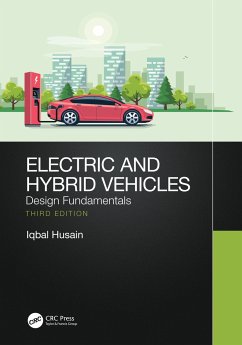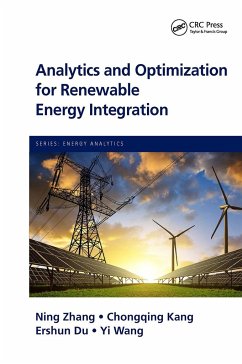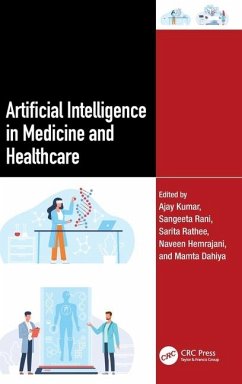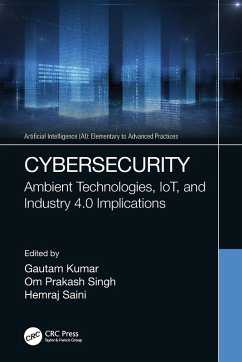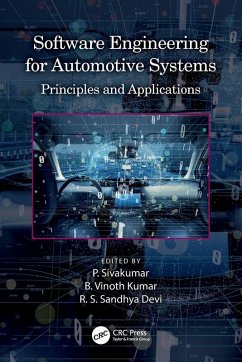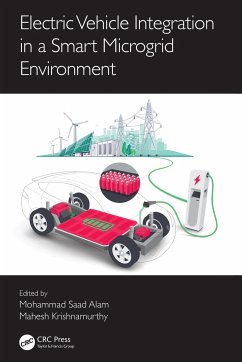Nicht lieferbar
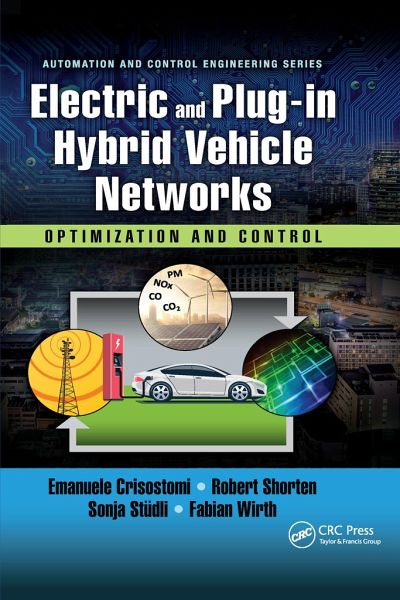
Electric and Plug-in Hybrid Vehicle Networks
Optimization and Control
Versandkostenfrei!
Nicht lieferbar




The book explores the behavior of networks of electric and hybrid vehicles. Topics covered include: energy management issues for aggregates of plug-in vehicles; the design of sharing systems to support electro-mobility; context awareness in the operation of electric and hybrid vehicles, and the role that this plays in a Smart City context.
Emanuele Crisostomi received the Bachelor's degree in computer science engineering, the Master's degree in automatic control, and the Ph.D. degree in automatics, robotics, and bioengineering, from the University of Pisa, Italy, in 2002, 2005, and 2009, respectively. He is currently an Assistant Professor of electrical engineering with the Department of Energy, Systems, Territory and Constructions Engineering, University of Pisa. His research interests include control and optimization of large-scale systems, with applications to smart grids and green mobility networks. Robert Shorten is Professor of Control Engineering and Decision Science at University College Dublin. He has held positions in industry at Daimler-Benz Research and IBM Research (where he led the optimization and control activities at the Smart Cities Research Lab), as well as a number of positions in academia. He is a co-founder of the Hamilton Institute at Maynooth University, Ireland and has also held a Visiting Professorship at TU Berlin. Prof. Shorten's research spans a number of areas. He has been active in computer networking, automotive research, collaborative mobility (including smart transportation and electric vehicles), as well as basic control theory and linear algebra. His main field of theoretical research has been the study of hybrid dynamical systems. He is currently the EUCA representative for Ireland, and has held a number of editorial roles. He is a co-author of the recently published book: AIMD Dynamics and Distributed Resource Allocation (Corless, King, Shorten, Wirth), SIAM 2016. Sonja Stüdli received her Bachelor's degree in electrical engineering and her Master's degree in mechanical engineering from the ETH Zurich, Switzerland in 2008 and 2011, respectively. She received her Ph.D. degree in electrical engineering from the University of Newcastle, Australia, in 2016. She is currently working at the University of Newcastle as a research assistant in the School of Electrical Engineering and Computing. Her research interests include load management and smart grid operations, networked systems, including vehicle platooning, and distributed control. Fabian Wirth received the Ph.D. degree in mathematics from the Institute of Dynamical Systems, University of Bremen, Bremen, Germany, in 1995. He has since held positions in Bremen, at the Centre Automatique et Systémes of Ecole des Mines Fontainebleau, France, and was Visiting Professor at the University of Frankfurt. From 2004 to 2006, he was with the Hamilton Institute at NUI Maynooth, Ireland. He is currently Professor of Dynamical Systems at the Faculty of Computer Science and Mathematics, University of Passau, Germany. Besides the modeling and analysis of communication networks his current interests include stability theory, switched systems, queueing theory and largescale systems with applications in communications and logistics.
Produktdetails
- Automation and Control Engineering
- Verlag: Taylor & Francis Ltd
- Seitenzahl: 242
- Erscheinungstermin: 18. Dezember 2020
- Englisch
- Abmessung: 155mm x 234mm x 18mm
- Gewicht: 400g
- ISBN-13: 9780367735593
- ISBN-10: 0367735598
- Artikelnr.: 61598718
Herstellerkennzeichnung
Libri GmbH
Europaallee 1
36244 Bad Hersfeld
gpsr@libri.de
Für dieses Produkt wurde noch keine Bewertung abgegeben. Wir würden uns sehr freuen, wenn du die erste Bewertung schreibst!
Eine Bewertung schreiben
Eine Bewertung schreiben
Andere Kunden interessierten sich für



